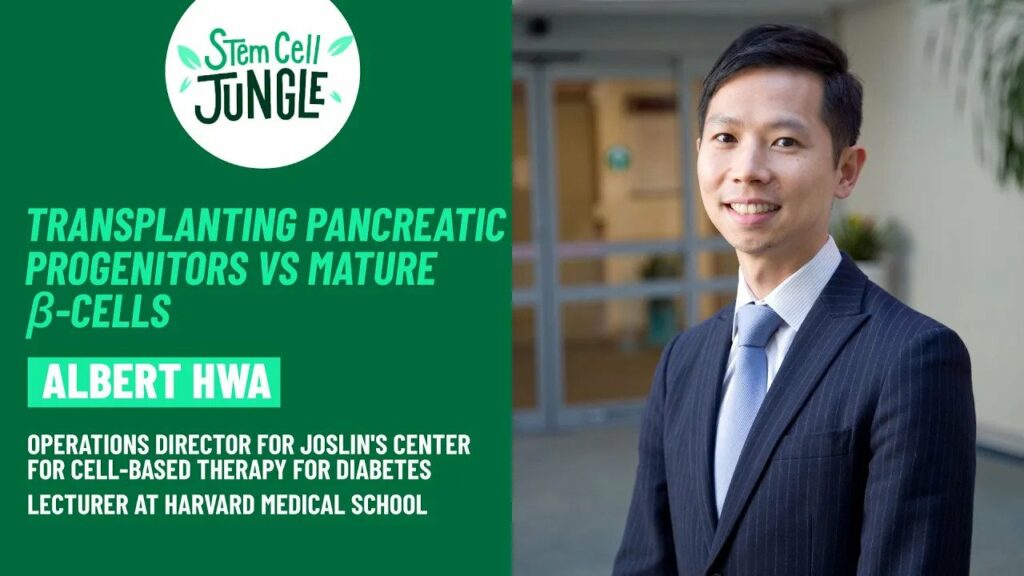Transcript:
And then coming back to this notion of [β-cell] maturity, and also the timing relative to to graft, it feels to me like for quite a while, there’s been cells that, if they were grafted would mature in situ and have an effect. And now here comes the time when you don’t rely that much on the capacity of the body to push the maturation.
And you have a better control with these protocols over the cell type and its function, early on after graft. That would be the the biggest difference.
Yeah, and I think it has sort of… both on a safety front and a functional front, I think both are really important because there were some reports where the way you transplant the earlier stage progenitors… They, in addition, to the endocrine cells, they also made some non-endocrine cells. So then that could have some safety concerns. So then, if you can differentiate all the way to the more mature endocrine cell type you have greater control over that. And I think that has probably better safety profile and functionally – obviously if I was a patient – I don’t want to have a transplant I have to wait many more months before the function kicks in. You want it to work as soon as possible.


